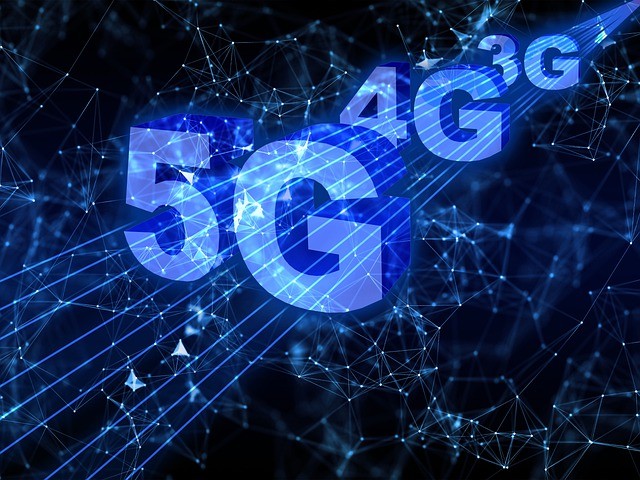From 3G to 5G and Beyond
Technology is constantly advancing, and new developments are announced all the time. Some of these will have limited effects on how you use your devices, while others could have major effects – 5G is one of the major advances that will have a significant impact.

5G is a new mode of connectivity for mobile devices. This simply means that it is a technology that allows your device to send and receive data, no matter whether it is a voice call or internet data. You’re probably familiar with previous types of connectivity such as 4G and 3G.
The introduction of 5G means faster data transfers and clear voice calls, which also means that older technologies are no longer needed. (1)
Do you know how many 3G devices you have out in the field?
Subscribe below and get a step-by-step guide to make upgrading easy:
The 3G Network Is Being Shut Down
3G simply means the “third-generation” of mobile telecommunications technology, with 4G being the fourth generation and 5G being – you guessed it – the fifth. Wireless connections of any kind work at certain frequencies in a similar way to an AM or FM radio. You know that if two stations are broadcasting too closely together, you’ll get interference, and new stations can’t launch because there is no space on the dial for them.
The same thing applies to mobile telecommunications, as there is only a certain amount of space in the airwaves for data to be transmitted. The older networks – 2G (second generation) and 3G – are now occupying space that could be used more effectively by new technology. Many 2G networks have already gone, and 3G is the next to disappear.
How Does The End Of 3G Affect Me?
The 3G network in the United States is already being closed down, with the last of the network being switched off in 2022. Even now, 3G connectivity will be reduced, as in some areas it is already gone.
You might be missing calls or not receiving text messages simply because that connectivity is no longer available. It is estimated that just under 50 million people are still using the 3G network, and many IoT (Internet of Things) devices also have connections based on 3G tech. But that’s not the end of it.
The loss of 3G could also affect some 4G phones that don’t support VoLTE (Voice over LTE, also known as HD Voice). (2)
How Can I Avoid Problems?
If your device supports VoLTE, make sure that it is switched on. Soon, all voice calls will be directed over LTE networks, so you will need a 4G/LTE device as a minimum. If your device doesn’t support this, it’s time to upgrade.
It is quite common to feel unsure about which handset to purchase or what contract you’ll need to continue being able to make and receive calls, so it is always wise to speak to experts in the telecommunications industry. Specialized Mobile Lifecycle Management companies can help you to arrange new device contracts and provide support for existing devices, giving you the best start as we enter the new era of 5G and beyond.
References